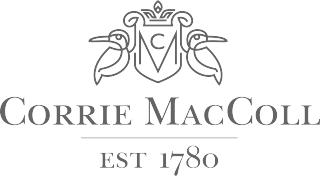A Critical Raw Material
Recognising that Natural Rubber is essential to modern life, it has been added to the European Commission’s most recent list of 27 critical raw materials for the European Union.
The purpose of the list is to identify the raw materials with a ‘high supply-risk and a high economic importance to which reliable and unhindered access is a concern for European industry and value chains.’
As a material highly sought-after due to its strength, resistance, elasticity and plasticity – as well as its structural advantages over synthetic rubber – there are currently no readily available substitutes. Its usage spans a multitude of sectors, from automotive to FMCG to medical to industrial.

Whilst Thailand remains the world’s biggest supplier of natural rubber, Europe imports mostly from Indonesia and Malaysia, both of which score low in the World Governance Index – herein indicating a heightened supply risk. Meanwhile, between 2000 and 2016, global demand for natural rubber nearly doubled to 12.6 million metric tonnes, and the upward consumption trend shows no signs of stopping.
With the tyre industry accounting for approximately three-quarters of global demand, three transformations are expected to spark greater use of natural rubber: the world’s transition from fossil fuels to alternative energy sources, which will increase demand for electric vehicles; the rise in autonomous vehicles and the regularity of shared vehicle ownership, which will put automobiles on the road more often and require more frequent tyre replacements.
The ‘Critical Raw Materials’ list is employed by the European Commission as a tool for negotiating trade agreements, developing research and innovation policies, as well as implementing the 2030 Agenda on Sustainable Development and the Sustainable Development Goals. The classification will bring new focus towards determining how ‘the security of supply of raw materials can be achieved through supply diversification, from different geographical sources via extraction, recycling or substitution.’ It will also strengthen the competitiveness of the European rubber industry.
